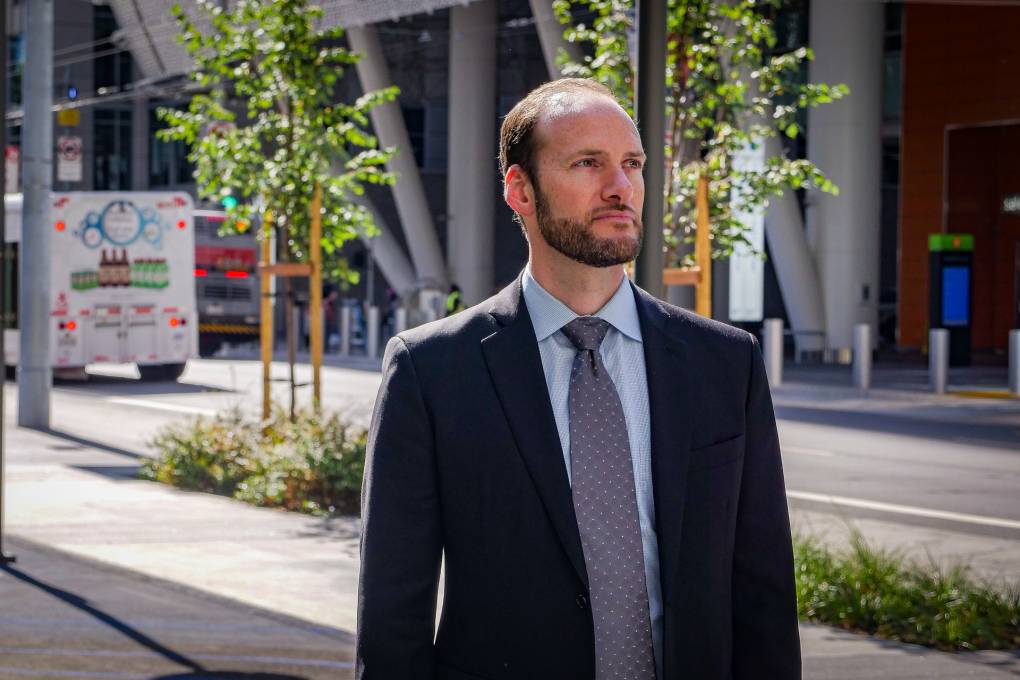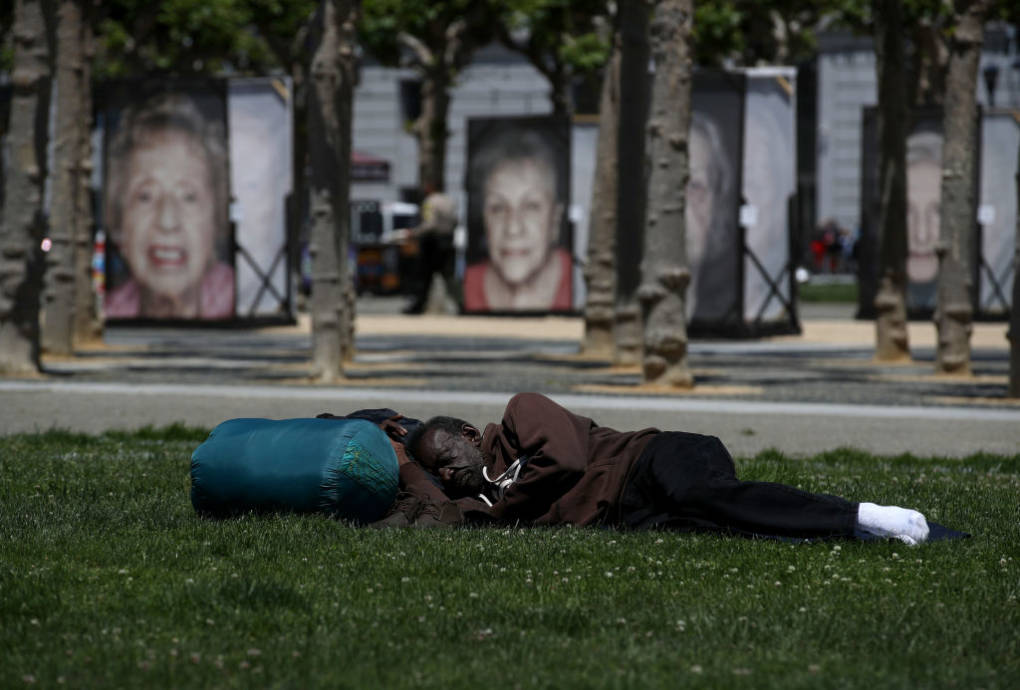Regardless of the timeline, the move could illustrate what City Hall might look like over the next few years, according to SF State's McDaniel.
"I think you'll continue to see things like that," he said, especially when it comes to measures on issues like mental health, health care and housing.
Another example of emerging political dynamics, McDaniel said, came after supervisors unanimously passed legislation that aims to create more housing funding for the city's middle to low-income workers.
Breed didn't veto or sign the legislation, which was introduced by Haney. Rather, she returned it unsigned, allowing the measure to become law — but not without expressing her reservations.
In a letter to the board, Breed said she does support generating cash for affordable housing, but she voiced frustration over the particular measure, saying it wasn't financially feasible and that it could hurt small businesses, among other issues.
"I remain concerned that this legislation, while well intended, will not produce the revenue it promises for affordable housing," Breed wrote, arguing that the measure's $400 million funding promise was misleading.
For Haney, it was clear that the mayor was trying to send a message.
"It's a little unclear to me what the point of it was, at this stage, when it is going to become law," he said. "It certainly raises questions as to whether she's going to be able to be independent from some of the bigger developers and different forces in the city to be able to work with us when we challenge the status quo."
Of course, both the progressive faction and Breed's wing have more upcoming elections to consider as they navigate changing power dynamics.
In November 2020, six seats on the Board of Supervisors will be open, which could be an opportunity for progressives to further isolate the mayor. It could also be an opportunity for Breed to regain allies. Four years later, the mayor will be up for re-election once again.
How things turn out could come down to two things: Whether Breed will be able to use internal rifts within the progressive block that inevitably come along with a growing majority to her advantage, and whether progressives can pin Breed between a rock and hard place by passing pieces of legislation that, as McDaniel puts it, "make her oppose things that are popular in the city as a whole," like more affordable housing and police reform.



